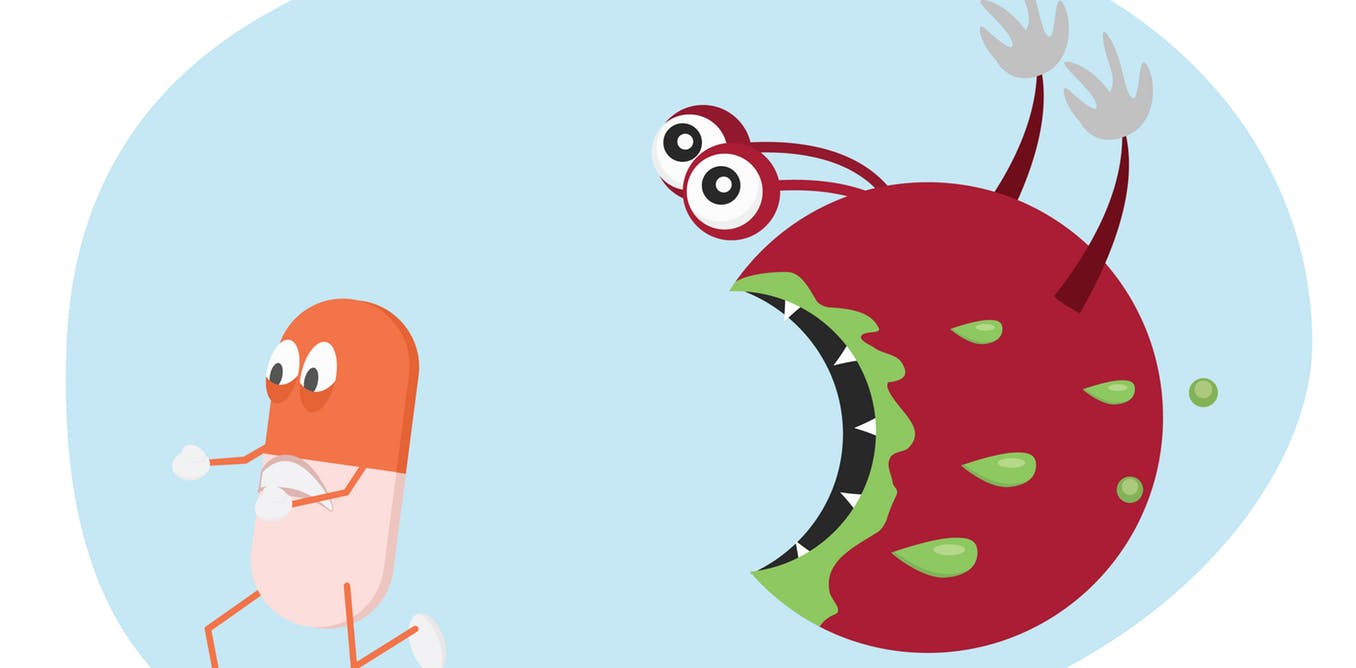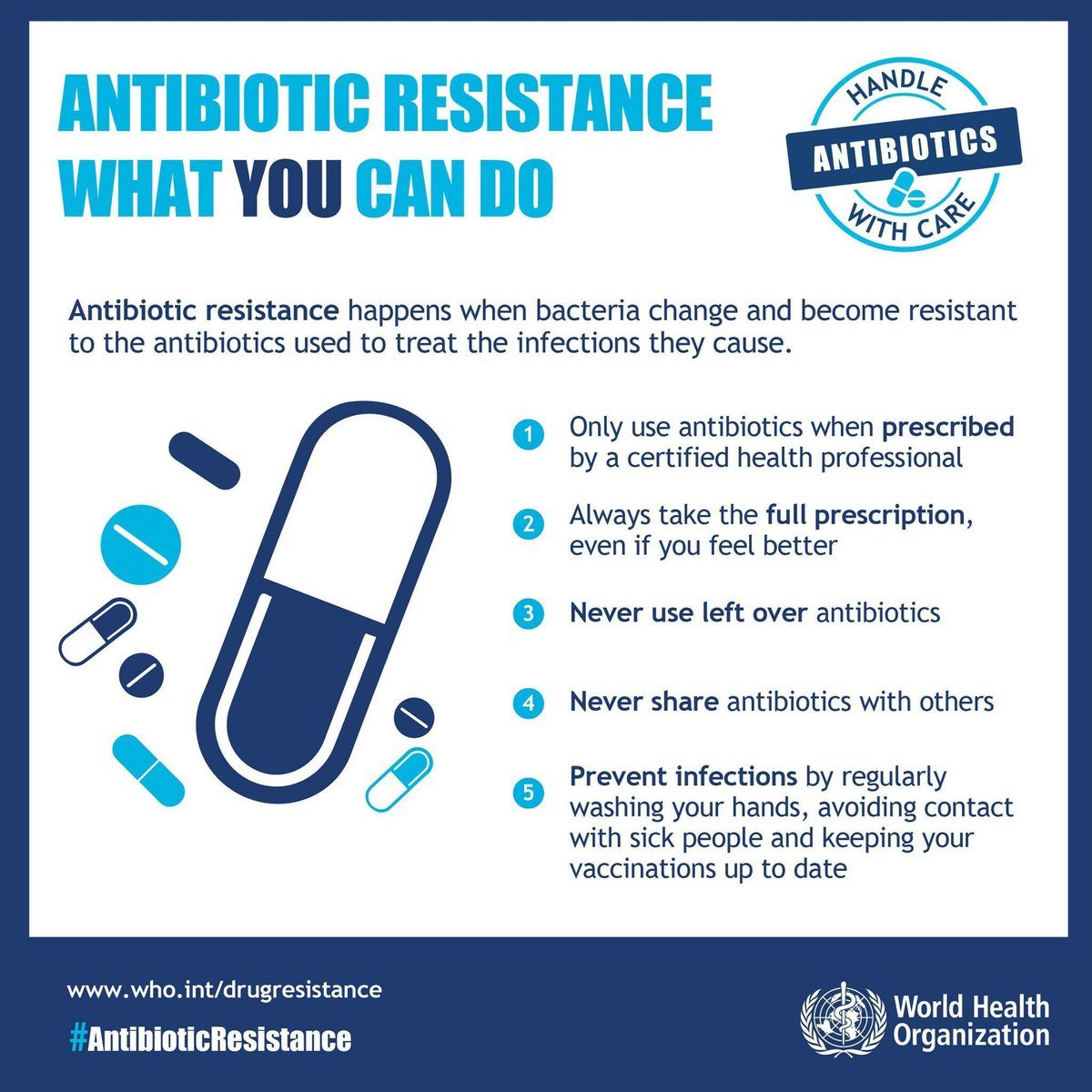Pharmaceuticals Aims to Use Human Antibodies to Tackle Resistance
classes of antibiotics kill bacteria in different ways. Some destroy the cell wall while others interfere with a part of the metabolic process. Antibodies, on the other hand, are proteins that work in a number of ways to clear infections. They bind to bacteria and make it easier for white blood cells to ingest them. They can induce other proteins in the blood, known as complement proteins, to cover the surface of the foreign invaders and again make it easier for white blood cells to dispose of them. Once it’s recruited, the complement system itself can eliminate certain organisms by punching holes in their cell walls. These processes don’t usually harm the antibodies, which can continue hunting for as long as necessary. Thus, the immune system attacks bacteria in multiple places, making it nearly impossible for them to evolve and become resistant.
Antibiotics are wonderful drugs for treating bacterial infections. Unfortunately, disease-causing bacteria can become resistant to antibiotics that are meant to kill them. This is called selective pressure – the bacteria that are susceptible to the drug are killed, but the ones that withstand the antibiotic survive and proliferate. This process results in the emergence of antibiotic-resistant strains.
Bacteria can become drug-resistant in two ways – resistance can be natural, meaning that the genes conferring resistance are already present in the bacterial chromosome, or they can be acquired through mutation or by picking up antibiotic-resistance genes from other microbes.
“These are human monoclonal antibodies being investigated as anti-infectives to treat bacterial infections associated with pneumonia,” founder & CEO Vu Truong said referring to the company’s projects that are in pivotal trials.
“The fundamental reason is that this is exactly what the antibody is designed to do – that is, to fight infection,” he explained.
Nearly all infectious diseases produce a sub-population of patients that manage the infection better than the average person. The process of identifying the B-cell to a final product with current monoclonal antibody discovery tech takes approximately two years, but Truong says that Ardis has figured out a way to speed that process up dramatically.
The company presently has three human monoclonal antibodies being studied in pivotal trials, all tackling bacterial infections linked to pneumonia.
Just as oncologists are transitioning from chemotherapy, cancer-killing drugs that affect all kinds of cells, to targeted immunotherapies, so too will clinicians looking to combat infectious disease, according to Truong.
“In the future, the industry is going to transition from these broad-spectrum antibiotics to more narrow-spectrum, targeted therapies,” he said.
“When we started Aridis, we were betting on the immune system as the next great frontier in terms of infection-fighting and we’re betting that you’re going to find all kinds of interesting components that have been evolving in humans since we’ve walked the earth to fight infection.”
“What we’re proposing to do is very new. It’s fundamentally new. We’re proposing the use of biologics to treat an infection. We’re proposing also to use [them] adjunctively so that we can show superiority compared to just conventional antibiotics alone. And we’re proposing a very different reimbursement approach. So we’re asking a lot,” he said. “But the reward is big.”
























